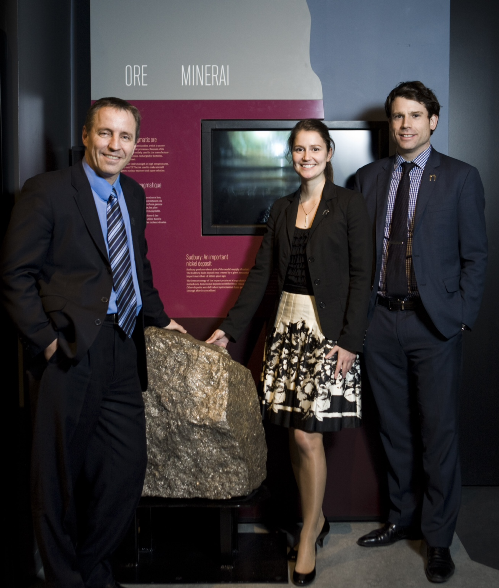http://www.thestarphoenix.com/index.html
Resource Rulers, a new book by Bill Gallagher, outlines the recent history of First Nations, the resource industry and government relations, and confirms what I suspected.
The First Nations are on a winning streak, and we’re kicking butt in the courts. There are close to 170 positive court cases so far, related to resources and jurisdiction since the inception of the Constitution Act of Canada.
In 1982, when the pa-triation of the Constitution from Britain and the discussions to develop the Charter of Rights and Freedoms were underway, First Nations fought to have aboriginal and treaty rights enshrined in the Constitution and given legal weight. The result was Section 35, which states: “Existing aboriginal and treaty rights of the aboriginal peoples of Canada are hereby recognized and affirmed.”
At the time we complained that Sec. 35 was not defined and only gave us the right to go to court. Then prime minister Pierre Trudeau announced that three first ministers’ conferences would be held to define those rights. The three conferences were held, but unfortunately the meetings got nowhere.
The premiers had the chance to define rights or initiate a process at the conferences, but instead left it for the courts to decide. In the intervening years First Nations have gone to the courts repeatedly and we have amassed an impressive winning streak.

























